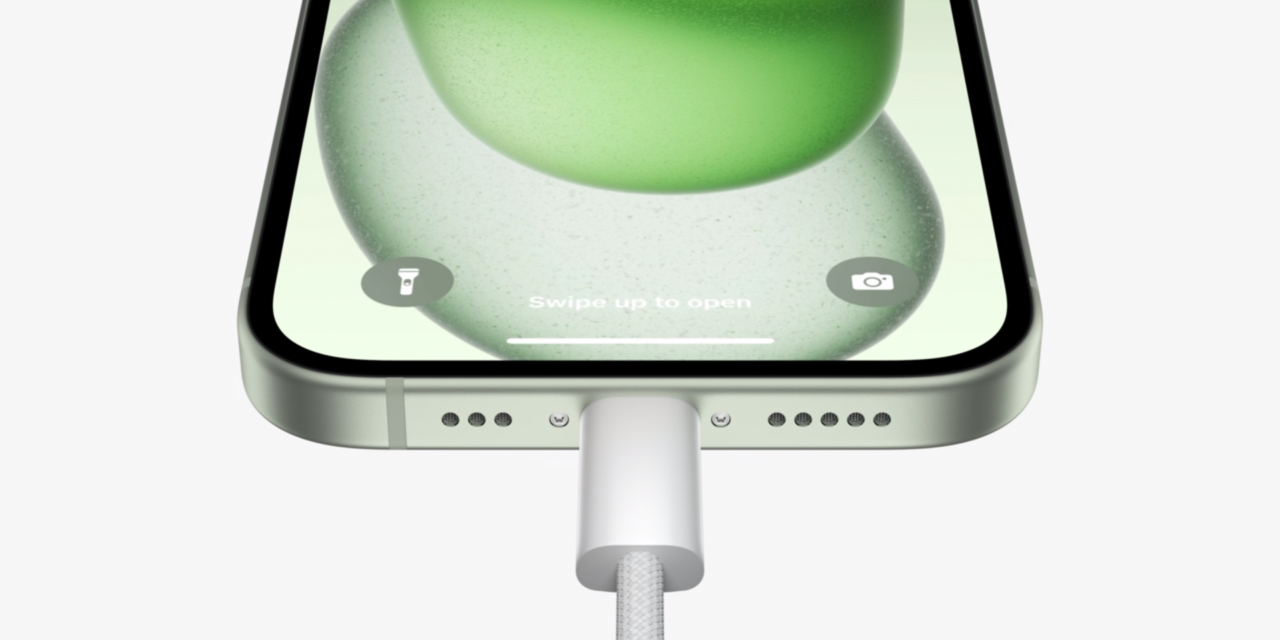
The Netherlands Authority for Consumers and Markets (ACM) announced today that it’s launching an investigation to determine whether Apple is giving preferential treatment to its own apps on App Store after receiving complaints from Dutch news apps developers.
ACM says that the sheer number of complaints it received from Dutch app developers has prompted it to launch a follow-up investigation on the basis of competition law. Furthermore, the agency is calling on app providers to come forward should they experience any problems with not only App Store, but with Google’s Play Store as well.
“However, this does not mean that a conclusion has already been drawn that a violation has indeed occurred,” ACM writes (the upcoming investigation will be looking into that question). “One possible outcome of the investigation is that no violation is established.”
In its study of mobile app stores, ACM has determined that developers depend on app stores as an efficient distribution mechanism for their apps.
For numerous apps, no realistic alternatives to App Store and Play Store exist. That gives, at least in theory, Apple and Google the opportunity to set unfair conditions. On the one hand, Apple and Google have an interest in offering many different apps from developers in their app stores.
At the same time, however, Apple and Google are app providers in their own right, too. So their apps compete with those of other market participants.
ACM states that these competing interests may pose antitrust problems whereas there’s evidence to the contrary—Spotify. Apple Music would surely benefit if Apple removed Spotify from the top charts on App Store—yet Apple was wise enough not to pull such a trick.
I think ACM is forgetting that App Store charts are driven by real data. The list of top-grossing apps could never include an app that isn’t selling well, these things are algorithmically driven.
What ACM may be referring to are listicles, featured apps, Editor’s Choices, app collections, developer stories and other editorial material designed to help surface interesting apps: this is how the company could, if it wanted, give its offerings preferential treatment.
App providers say they do not always have a fair chance against Apple’s own apps or against apps that Google has preinstalled on phones.
Preinstalled software is something entirely different. I think you would want to blame Apple over failing to give users controls to change default apps for web browsing, email, music, etc.
In addition, providers of digital products and services are required to use Apple’s and Google’s payment systems for in-app purchases, and they are also required to pay a 30 percent commission in the first year.
I see no wrongdoing here—all sellers take a commission fee. Apple’s store, Apple’s rules. I think what you really want to do is attack that stupid clause preventing developers who don’t use the In-App Purchase mechanism from forward customers to their website.
This has resulted in some truly bizarre interfaces, like in Netflix which initially opens with a sign-in button but no indication whatsoever as to how the user could subscribe to Netflix.
Furthermore, they are not always able to use all functionalities of an iPhone.
And that’s for the better because we do not want third-party apps to be able to use or replace all the features of the device. I don’t want dialer apps on my iPhone like with Android and I certainly don’t want apps to scan NFC tags in the background without my permission or generally run things that I only trust iOS to do.
And finally, they say they have difficulties when communicating with Apple and Google about the application of their conditions.
Well, that does sound like Apple.
This certainly isn’t the first nor is it the last time that App Store was targeted in a major lawsuit. Recently, as you know, Spotify took the iPhone maker to court over the aforementioned in-app purchase stipulations and other alleged anticompetitive behavior, provoking a swift reaction.
Thoughts?






Recent Comments